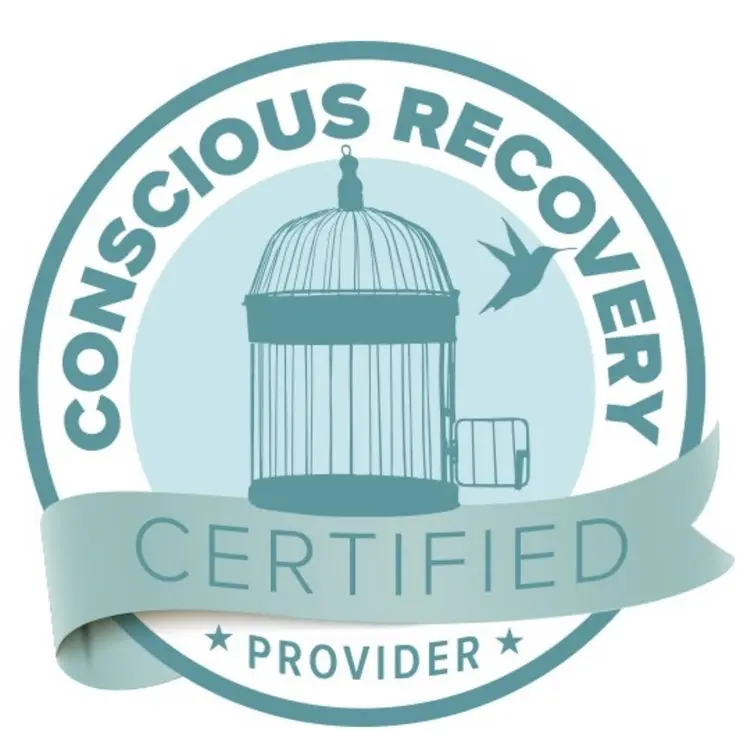- About Us
- Our Approach
- Evidence-Based Approaches
- Acceptance and Commitment Therapy (ACT)
- Attachment Therapy
- Cognitive Behavioral Therapy (CBT)
- Cognitive Processing Therapy (CPT)
- Conscious Recovery
- Dialectical Behavior Therapy (DBT)
- EMDR Therapy
- Ketamine Therapy
- LGBTQ+ & Identity-Affirming Care
- Pelvic Floor Therapy
- Somatic Experiencing (SE) Therapy
- Restorative Justice
- Holistic Approaches
- Evidence-Based Approaches
- Women’s Services
- What We Treat
- Housing
- Resources
- Blog
- Resources
- What Is A Partial Hospitalization Program (PHP)?
- What Is Treatment-Resistant Depresion?
- Does Ketamine Therapy Get You High?
- Who is Not A Good Candidate for Ketamine Therapy
- Attachment Style Self-Assessment
- 10 Examples of Gaslighting
- What is Somatic Therapy?
- What Is A Trauma Response?
- Intimate Partner Violence Support
- Mom Burnout Treatment





